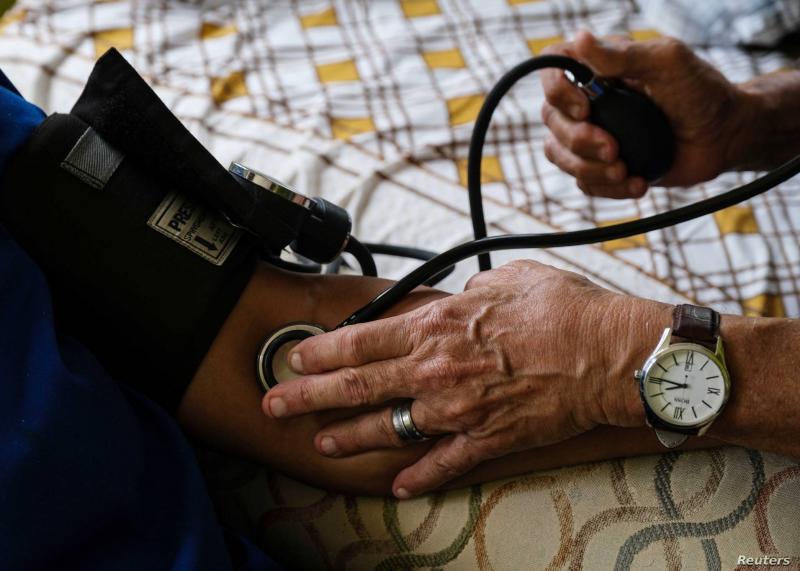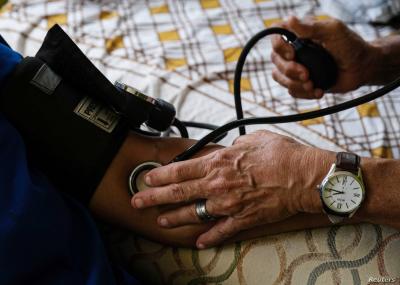Under the title "Half of Them Are Unaware They Are Affected: 1.28 Billion People Suffer from High Blood Pressure," Alhurra reported that the number of people worldwide suffering from high blood pressure has doubled between 1990 and 2019, reaching approximately 1.28 billion among adults aged 30 to 79 years. The number of adults with high blood pressure has risen from 650 million to 1.28 billion over the past 30 years, according to a comprehensive global analysis of trends in the prevalence, detection, treatment, and management of high blood pressure led by Imperial College London and the World Health Organization, published in "The Lancet" health journal.
According to the analysis, nearly half of these individuals were unaware that they had high blood pressure. Hypertension significantly increases the risk of heart, brain, and kidney diseases and is a leading cause of death and illness worldwide. It can be easily detected by measuring blood pressure at home or at a health center, and is often effectively treated with low-cost medications.
Professor Majid Ezzati, one of the senior authors of the study, stated, "After nearly half a century of starting the treatment of high blood pressure, which is easy to diagnose and treat with low-cost medications, it is a public health failure that so many people with high blood pressure in the world still do not receive the treatment they need."
The analysis indicates that the rate of high blood pressure has declined in wealthy countries, which typically have some of the lowest rates, but it has increased in many low- and middle-income countries. In 2019, more than a billion people suffering from high blood pressure (82% of all individuals with high blood pressure) lived in low- and middle-income countries.
The study revealed significant gaps in diagnosis and treatment, noting that around 580 million people with high blood pressure (41% women and 51% men) were unaware of their condition because they had never been diagnosed. The study also mentions that more than half of those with high blood pressure (53% women and 62% men), or 720 million people, did not receive the necessary treatment.
Experts suggest that blood pressure can be controlled, indicating that medications are effective in returning blood pressure to normal levels. Dr. Bin Zhou, a researcher at Imperial College London, stated, "Although treatment rates for high blood pressure and control have improved in most countries since 1990, there has been little change in many areas of Sub-Saharan Africa and Pacific island countries."




